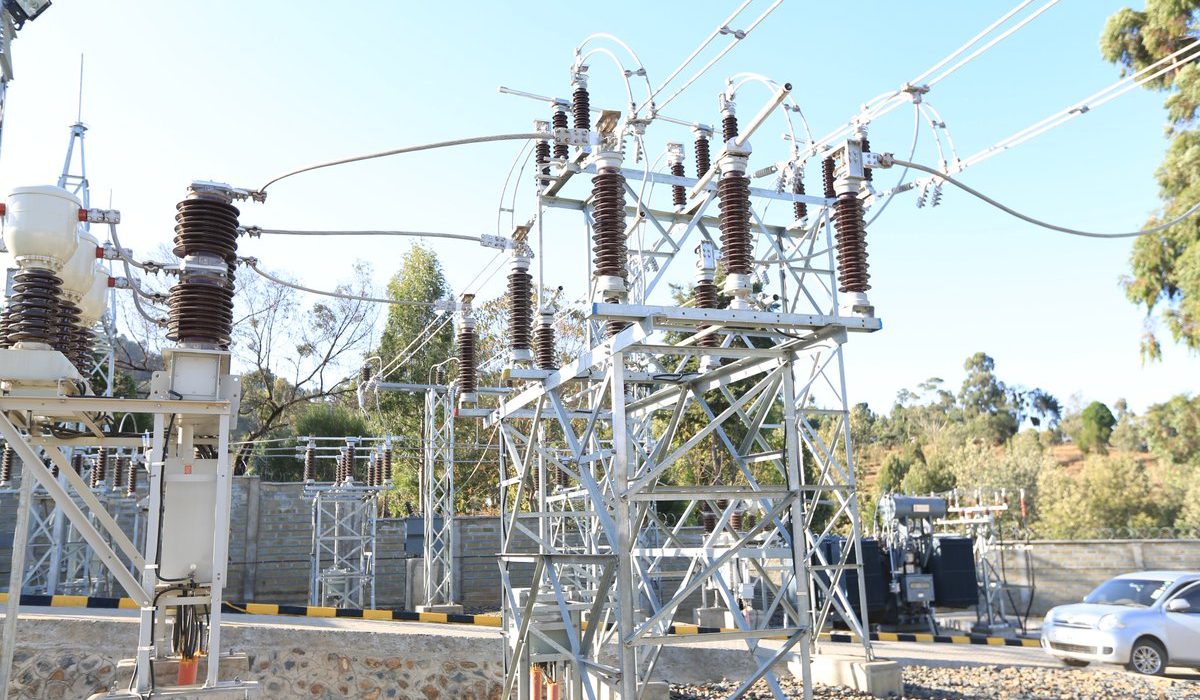In recent years, a joint investigation by Floodlight and Capital B has uncovered a disturbing trend in the South, where power companies have been cultivating alliances with civil rights leaders. In a groundbreaking joint investigation conducted by Floodlight and Capital B, a disconcerting trend has been unveiled in the Southern United States. Power companies have covertly formed alliances with civil rights leaders, channeling millions of dollars to Black leaders and their affiliated groups since 2009. This clandestine collaboration exposes a labyrinth of financial connections and advocacy endeavors, highlighting a concerted effort to preserve the existing energy sector dynamics. The revelation raises concerns about the prioritization of corporate interests over environmental justice, painting a picture of a complex web of influence that demands public attention and scrutiny. This investigation shines a spotlight on the intersection of economic power and civil rights, urging a reevaluation of the integrity and transparency within these alliances.
The Lobbyist’s Charm: Rooftop Solar Opposition
In a covert campaign against renewable energy, former Florida State Rep. Joe Gibbons, with undeniable ties to utility interests, utilized his lobbying prowess to dissuade civil rights leaders from supporting rooftop solar initiatives. The investigation reveals a strategic effort to undermine a crucial state bill promoting solar panel installation and direct electricity sales to consumers. Gibbons, through his tax-exempt group, the Energy Equity Alliance, aligned with powerful utility trade groups, notably the Edison Electric Institute. This orchestrated opposition to rooftop solar not only exposes the depth of industry influence on policymakers but also raises questions about the commitment of certain civil rights leaders to environmental justice and the well-being of their communities.
Unraveling the Financial Connections
Joe Gibbons’ financial ties to power company consultants come to the forefront as leaked documents expose the intricate web of funding through tax-exempt groups and consulting firms. The investigation unravels the complex financial connections, shedding light on the extent to which civil rights leaders, ostensibly advocating for their communities, are influenced by undisclosed financial interests. The substantial funding received by Gibbons raises serious questions about transparency and integrity within civil rights leadership. The covert funding strategies employed by power company consultants not only compromise the independence of these leaders but also cast doubt on the authenticity of their policy advocacy. The revelation underscores the need for increased scrutiny and transparency to ensure that civil rights leaders remain true to their foundational principles.
The Multimillion-Dollar Influence
The investigation uncovers the staggering extent of financial influence exerted by power companies, exemplified by Alabama Power’s payment of nearly $1.5 million to a contractor. This substantial sum was earmarked for the establishment of relations with the Southern Christian Leadership Conference (SCLC), a prominent civil rights group. The article delves into the repercussions of such financial transactions, exposing the intricate web of corporate leverage that has the potential to distort the priorities of civil rights groups and their leaders. This multimillion-dollar influence not only raises ethical concerns but also underscores the precarious balance between financial support and maintaining the integrity of organizations dedicated to advocating for justice and equality, prompting a critical examination of the evolving dynamics between corporate interests and social justice initiatives.
Stealth Effort against Renewable Energy
The role of trade groups, like the Edison Electric Institute (EEI), in orchestrating campaigns against renewable energy, specifically rooftop solar, comes to the forefront. The investigation delves into the strategies employed to protect utility interests and questions the legitimacy of claims regarding the impact of rooftop solar on low-income ratepayers.
Utilities Tap Consulting Companies
The joint investigation highlights the involvement of consulting companies, such as Matrix LLC, working on behalf of major power companies. It exposes questionable tactics, including secret funding of news sites and surveillance of journalists critical of the energy industry.
Opposition Fades as Utility Support Grows
The joint investigation highlights the involvement of consulting companies, such as Matrix LLC, working on behalf of major power companies. It exposes questionable tactics, including secret funding of news sites and surveillance of journalists critical of the energy industry. .
Examining historical opposition by civil rights groups against power companies, the investigation unveils a shift in alliances. The Southern Christian Leadership Conference (SCLC), once a pioneer in environmental justice movements, now faces accusations of compromise in the face of financial support from utility companies.It explores how corporate funding has influenced the priorities and stances of civil rights organizations.
Federal Inquiries and Community Impact
The investigation highlights instances of federal inquiries, such as the FBI’s involvement, triggered by the questionable actions of civil rights leaders aligned with utility interests. it also examines the impact on local communities, as illustrated by the case of Jacksonville’s municipal utility, shedding light on the consequences of such covert alliances on residents and their energy costs.
Conclusion
As the investigation brings to light the covert connections between power companies and civil rights leaders in the South, it prompts a critical reflection on the ethical implications, transparency, and accountability within the intersection of environmental justice and corporate interests. it concludes by emphasizing the need for increased awareness and scrutiny to ensure that civil rights advocacy remains true to its core principles.

